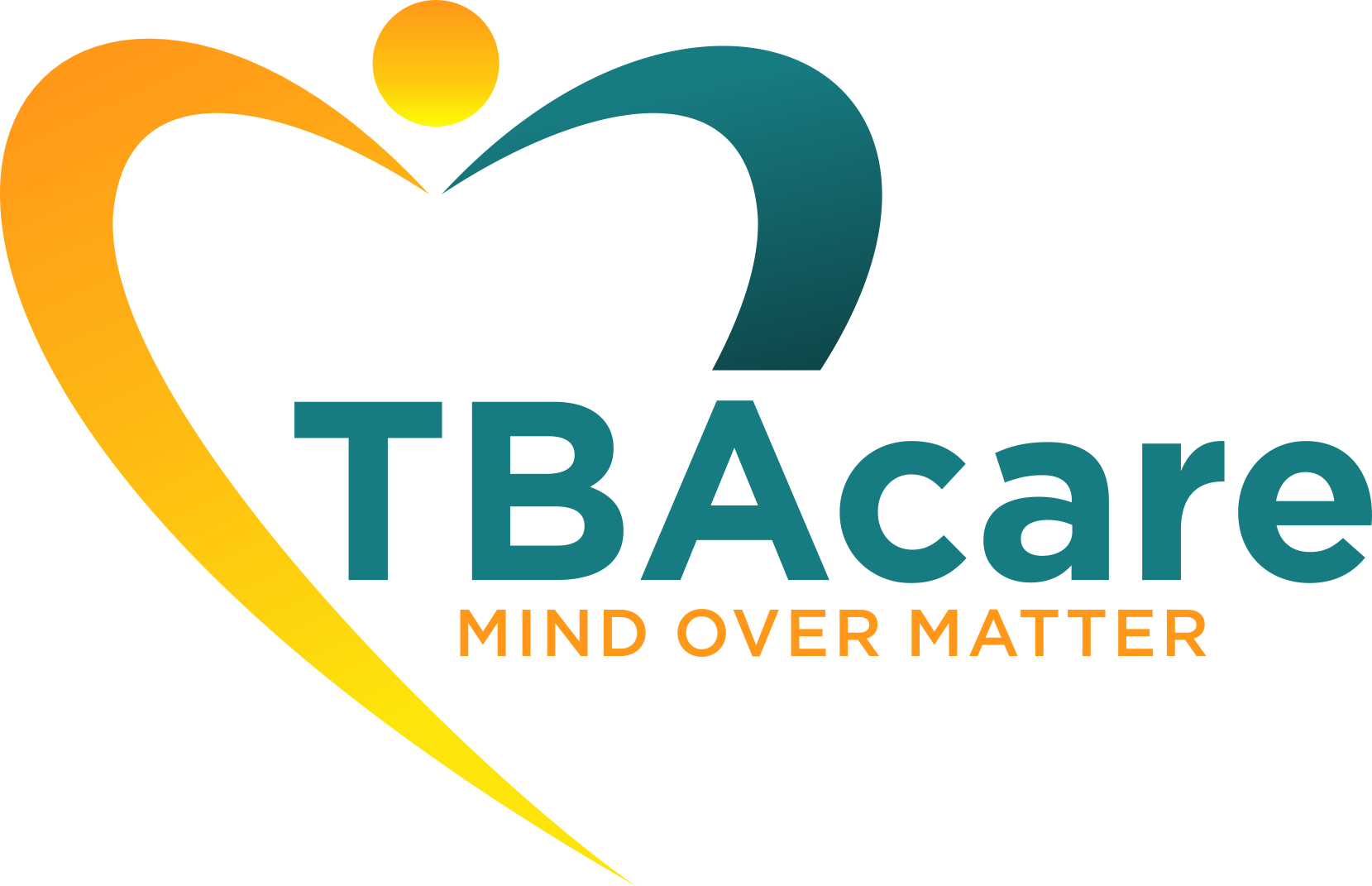We consider the suspicion phase the start of a cancer journey, although keeping in mind, that not everyone is going through this as the first phase.
Often, what happens instead is, that a routine check-up suddenly turns into testing for cancer. Or some other circumstance leads to a sudden and unexpected cancer diagnosis.
This second phase in a cancer journey is about the receiving and dealing with the diagnosis and subsequently planning the treatment.
Auntie Millie has decided to talk to her husband Edwin about her suspicion and together they have decided to see a doctor and get it checked out. That is one decision made and Millie feels a bit better. She is still nervous and anxious – because, what if it is cancer? – but she knows that she will soon have a definite answer and that makes it easier for her. While waiting for the test results, she is checking the internet. Dr. Google quickly paints a picture of all worst-case scenarios, but she is also finding other cancer patients that are sharing their experiences and thus also finds plenty of cases that lift her spirits. She is determined to be strong when talking to the doctor.
Finally, they have the appointment. And it turns out to be breast cancer. Despite all the determination, Millie experiences the shock, the tilting of the world, the “suddenly everything is different.” It takes a while for her to get back to being able to think and to deal with the diagnosis and the new fact that now, cancer is a part of her life.
Uncle Edwin is experiencing this phase a bit differently. He is, for one, relieved that Millie wants to get a diagnosis, because he is a person that deals better with facts and figures and certainty. Constantly thinking about what might or might not be is exhausting for him. Edwin is also turning to Dr. Google, finding all kinds of information on breast cancer and cancer in general. Maybe he’s jumping the gun but waiting for a potential diagnosis is making him anxious. When the time comes, he accompanies Millie to the doctor’s office, as nervous as she is. And when the word “cancer” is uttered, he feels the shift, gripping Millie’s hand tightly, listening intently to what the doctor is explaining.
And thankfully, he did, because afterwards, Millie is not able to recount anything that the doctor said and suggested doing.
Cancer Diagnosis = Shock
When it comes to receiving a diagnosis, the experience will be shocking and have an impact on the person’s body and brain function. Rational thought or comprehension is out the window. That is almost a given for any cancer patient. That’s why having a second person with you is so important in this moment. Someone that is still somewhat able to listen.
Anna, the Cancer Coach has the following tips when it comes to the appointment for a diagnosis and the time thereafter:
1. Take someone with you.
Again: the shock of having a cancer diagnosis confirmed will impact the brain’s functions. Rational thought, comprehending and making informed decisions is very likely not possible. Having another person there who serves as an anchor and is still able to listen is important.
3. Getting a second opinion.
Not every doctor is equal. They are dependent on their experience, education, their field of expertise and might not always have the time to keep up to date with newest research. No doctor can be a specialist for every type of cancer, so it makes sense to look for someone that confirms the diagnosis and proposed treatment plan or offers a different opinion. Ultimately any decision on what happens next is always for the patient to make.
2. Separating diagnosis and treatment planning appointments.
Because of the inability to rationally think, it makes sense to have the appointment for treatment planning a little later and separately. That leaves time to deal with the diagnosis, to gain back strength and brain function and to actively decide on the next steps.
4. Not receiving a prognosis.
A prognosis will have enormous impact on an entire system (body, the patient as the person, family system). Is it worth it? Depending on the type of person the cancer patient is, it could create stress which is never a desired outcome. It could lead to a self-fulfilling prophecy. Prognoses are always estimates and it would be very wise to question whether a prognosis is really beneficial or rather the opposite.
We have a video on prognosis in our program to become a cancer coach because it is a controversial but oh so important topic. Ours is one opinion. A cancer patient’s / client’s opinion could be different, but it is worth talking about it, if possible.
You can watch the video here.
A cancer diagnosis is life-altering
New decisions, new situations, new difficulties need to be dealt with. Family members, co-workers, employers, neighbours will want to know what’s going on and how they can help. Doctors prescribe different therapies, medication. And all the while, the cancer patient is dealing not only with what is happening in the external world, but also with what’s happening inside. Because cancer affects a person on many levels. And it can feel overwhelming and create a negative feeling of being powerless.
This is an important reminder:
The patient is in control of the proceedings. He/she is making the decisions on what’s to happen next.
Even if that decision is: I’m leaving it up to the doctor.
A cancer coach can help with all of these new circumstances that are suddenly part of life.
After the diagnosis is received and the treatment is planned, the next phase then is all about receiving treatment and therapies.
Your TBAcare Team
![]()
The 6 potential phases
2. Diagnosis and Treatment Planning Phase
